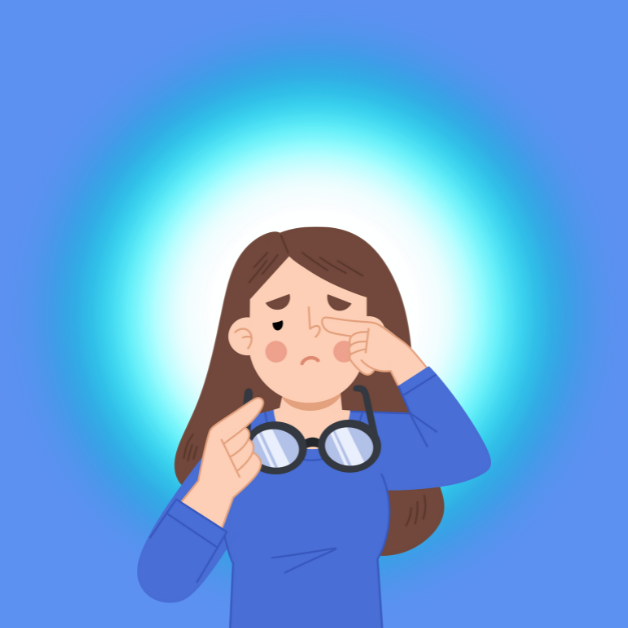Sleep doesn’t always get the airtime it deserves when we talk about wellbeing, but it’s doing some serious heavy lifting behind the scenes. From mood and focus to productivity and even your immune system, good sleep makes everything work better. The problem? In a world where we’re always switched on, winding down properly can feel like a lost art.
So, what is sleep hygiene? Simply put, it’s a set of healthy sleep practices that promote consistent, restful, and uninterrupted sleep.
Here are some key tips to help you improve yours:
- Stick to a Regular Sleep Schedule
Try to go to bed and wake up at the same time every day, even on weekends. This helps regulate your body’s internal clock, making it easier to fall asleep and wake up feeling refreshed. - Create a Relaxing Sleep Environment
Try to go to bed and wake up at the same time every day, even on weekends. This helps regulate your body’s internal clock, making it easier to fall asleep and wake up feeling refreshed. - Limit Screen Time Before Bed
The blue light from phones, tablets, and computers can interfere with melatonin production, making it harder to fall asleep. Try to turn off screens at least an hour before bedtime. - Watch What You Eat and Drink
Avoid caffeine, alcohol and heavy meals late in the evening. These can disrupt your sleep cycle or cause night-time waking. - Wind Down with a Routine
Establish a calming bedtime ritual such as reading, stretching, or practice breathing exercises. This signals to your brain that it’s time to unwind and prepare for sleep.
Improving sleep hygiene doesn’t require drastic changes, but small, consistent habits can have a big impact. Prioritising sleep is one of the simplest ways to boost your wellbeing.
Want to know more about health and wellbeing tools? Speak to one of the team here!
Source: https://www.nhs.uk/every-mind-matters/mental-wellbeing-tips/how-to-fall-asleep-faster-and-sleep-better/ https://www.firstbeat.com/en/blog/a-good-nights-sleep-what-does-it-mean/





